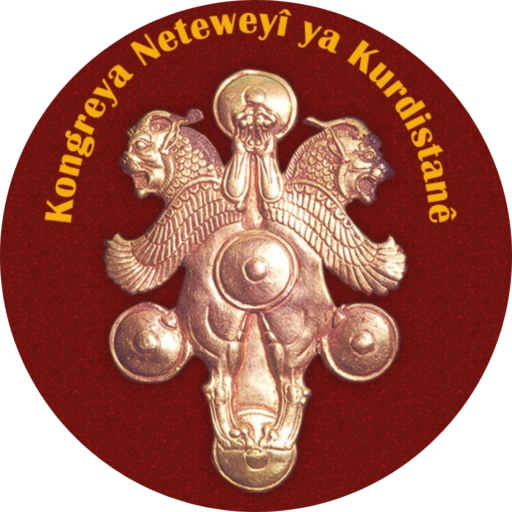On August 3, 2014, the Yezidis in Şengal (Sinjar) in Kurdistan Region of Iraq were attacked by the terrorist group ISIS, which was acting as a proxy of Turkey. ISIS practiced special measures against women in order to humiliate them and to kill them, making it also a case of feminicide. At Şengal, ISIS carried out both genocide and feminicide systematically. Of the women who were kidnapped that day, 3,000 are still missing, according to the Yezidi women’s organization TAJE. Tens of thousands still suffer from the trauma they experienced on August 3, 2014.
About twelve states have recognized the crime against Yezidis as a genocide. Such recognition is a first important step, and it sends an important political signal. But recognition of the genocide alone has no legal consequences. And the absence of legal consequences only encourages perpetrators to continue to use this dangerous instrument.
Today Turkey under Erdogan is seeking to avenge the defeat of its ISIS proxies. Using drone attacks and further airstrikes, Turkey is attempting to drive Yezidis out of Şengal altogether. Therefore Turkish drones and airplanes attack civilian facilities, such as hospitals and schools, in addition to Yezidi defense forces.
The goal of the Erdogan regime is to accomplish the terrorism that ISIS left unfinished and to depopulate the land of the Yezidis, known as Yezidixan, in order to occupy and Turkify it, as a province of the former Ottoman Empire. This is exactly what the regime did in Afrin in 2018 and in Serekaniye and Gire Sipî in 2019 in North and East Syria/Rojava.
Our first and most urgent demand is that the UN and the Iraqi government immediately close the airspace to Turkish drones and airstrikes.
We also demand the immediate cancellation of the October 9 agreement between Iraq, the KDP (Democratic Party of Kurdistan), and Turkey through the mediation of the UN. This agreement provides for the depopulation of Yezidixan and was carried out without the participation of the Yezidis.
We call on the UN to work with the Iraqi government and the Yezidi political representatives to achieve a political and legal framework for the recognition of Yezidixan as an autonomous area and enshrine it in the Iraqi constitution. Yezidis are not Muslims but representatives of the ancient Kurdish faith, so they suffer permanent repression in a region where wars are waged in the name of religion. They need an autonomy status that is protected both by Iraq and by the international community.
Commission on Women of KNK
August 2, 2023








